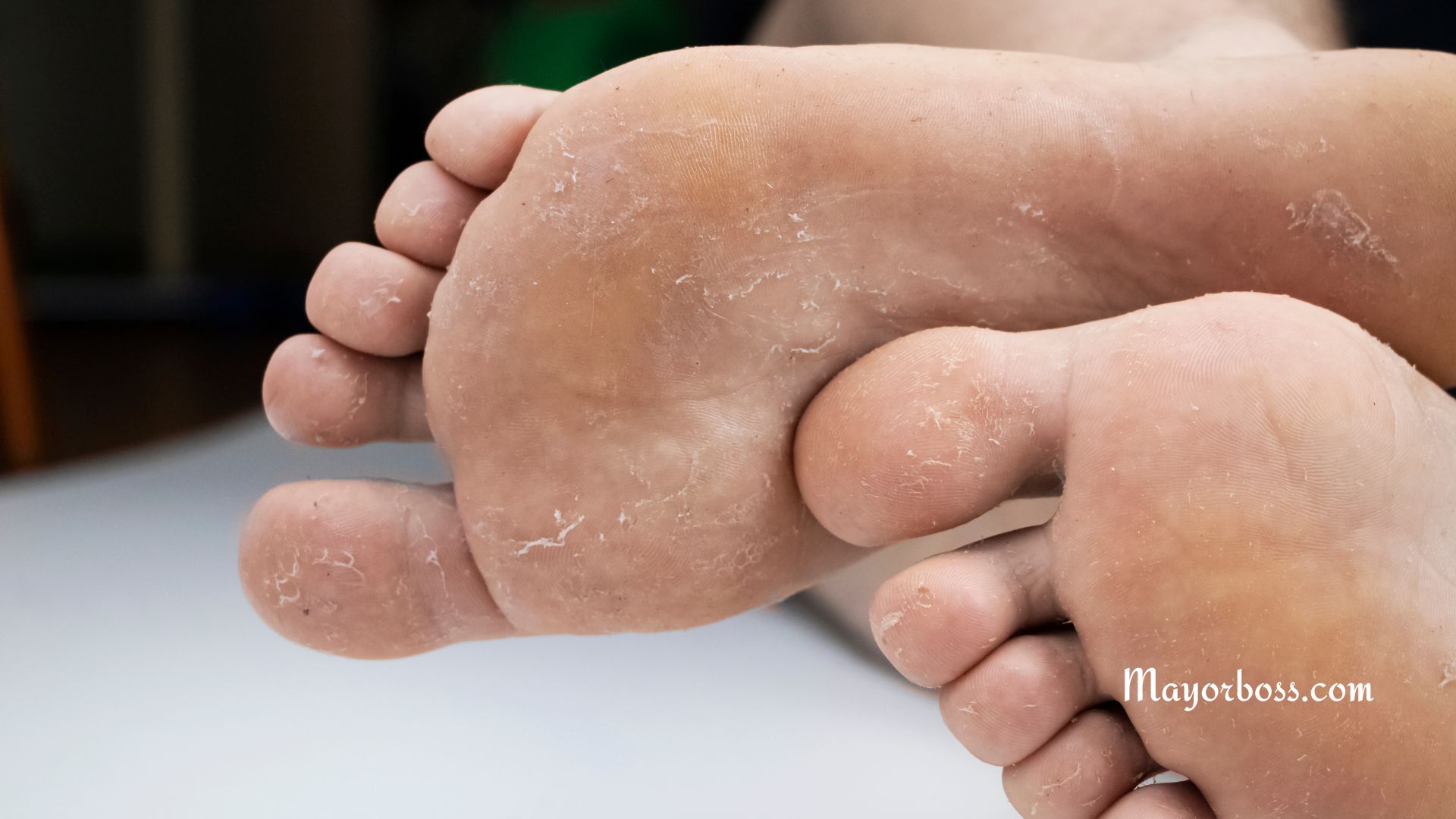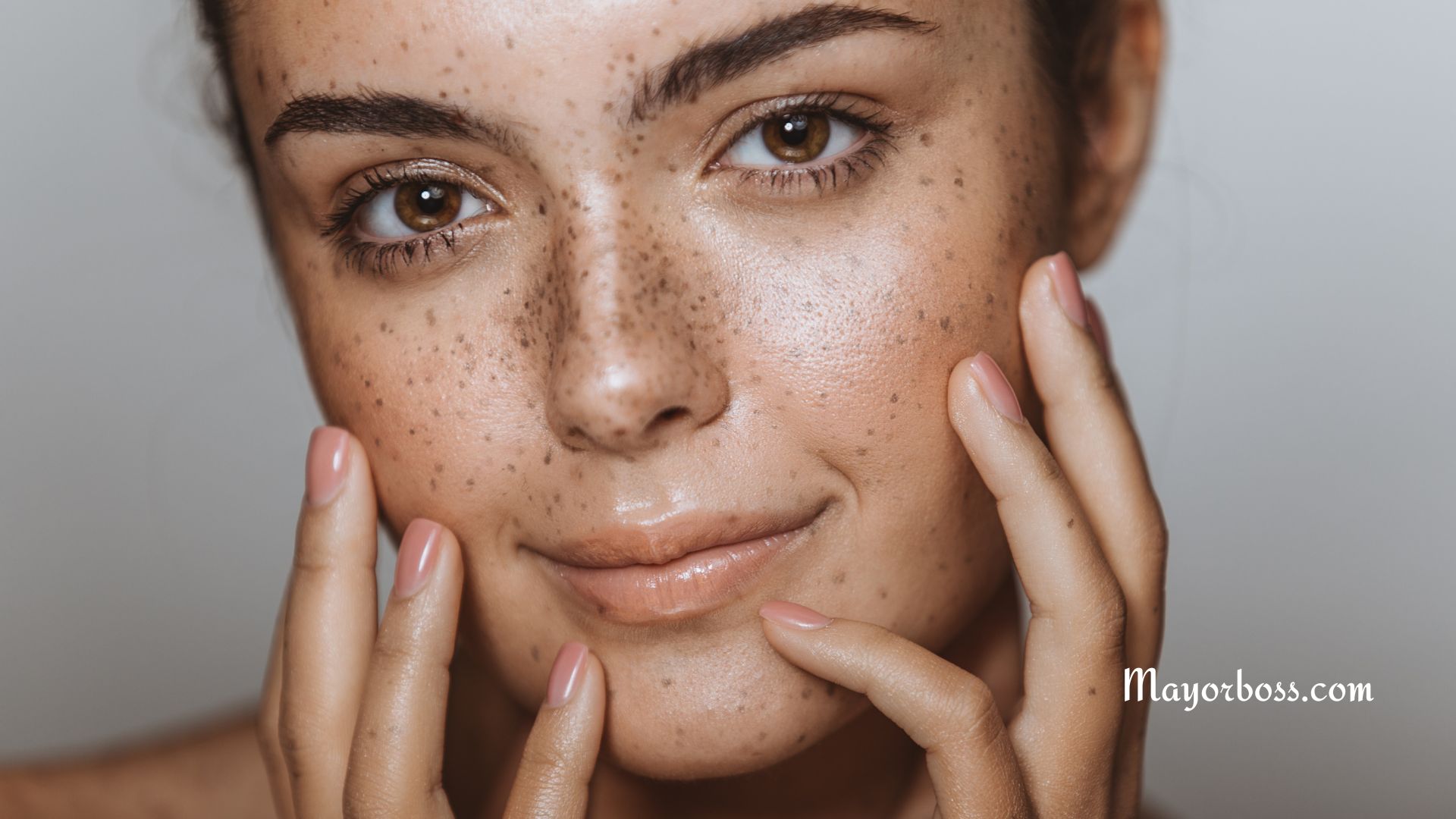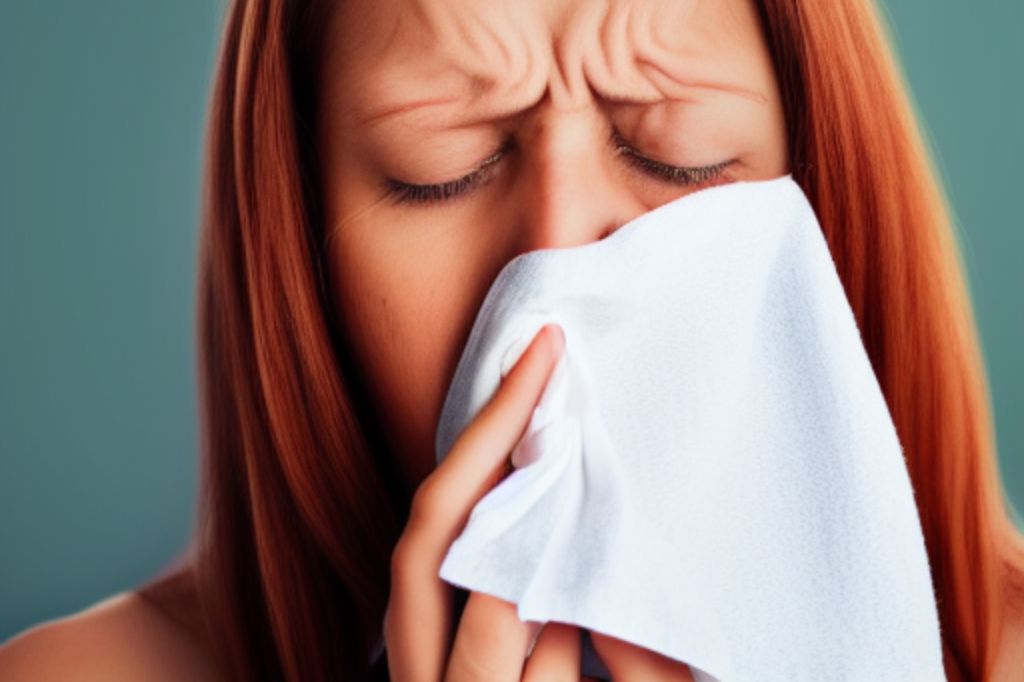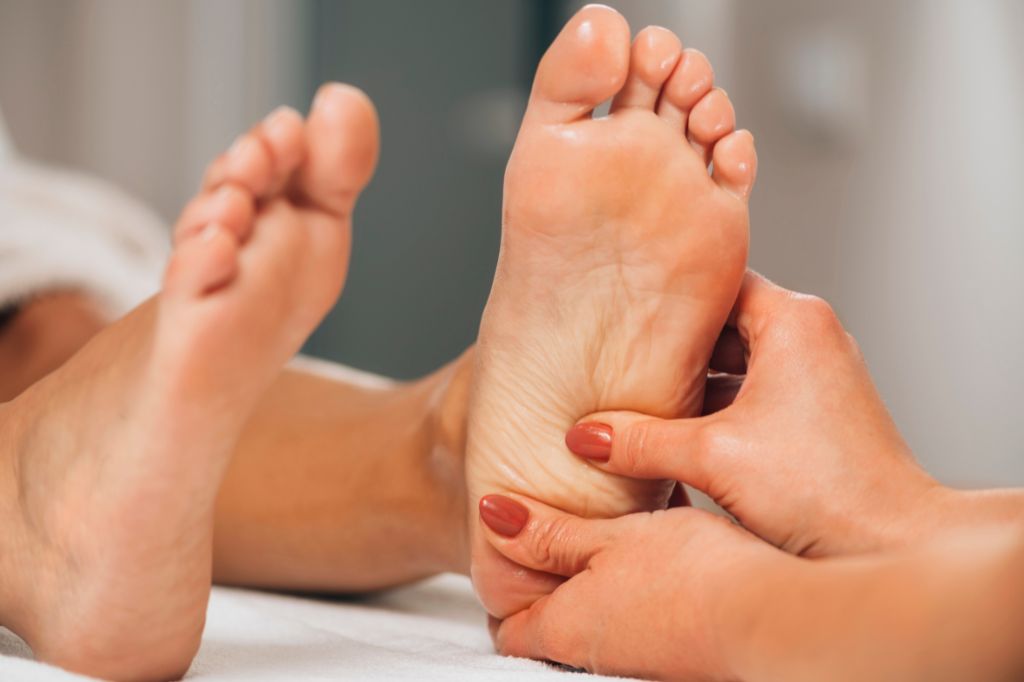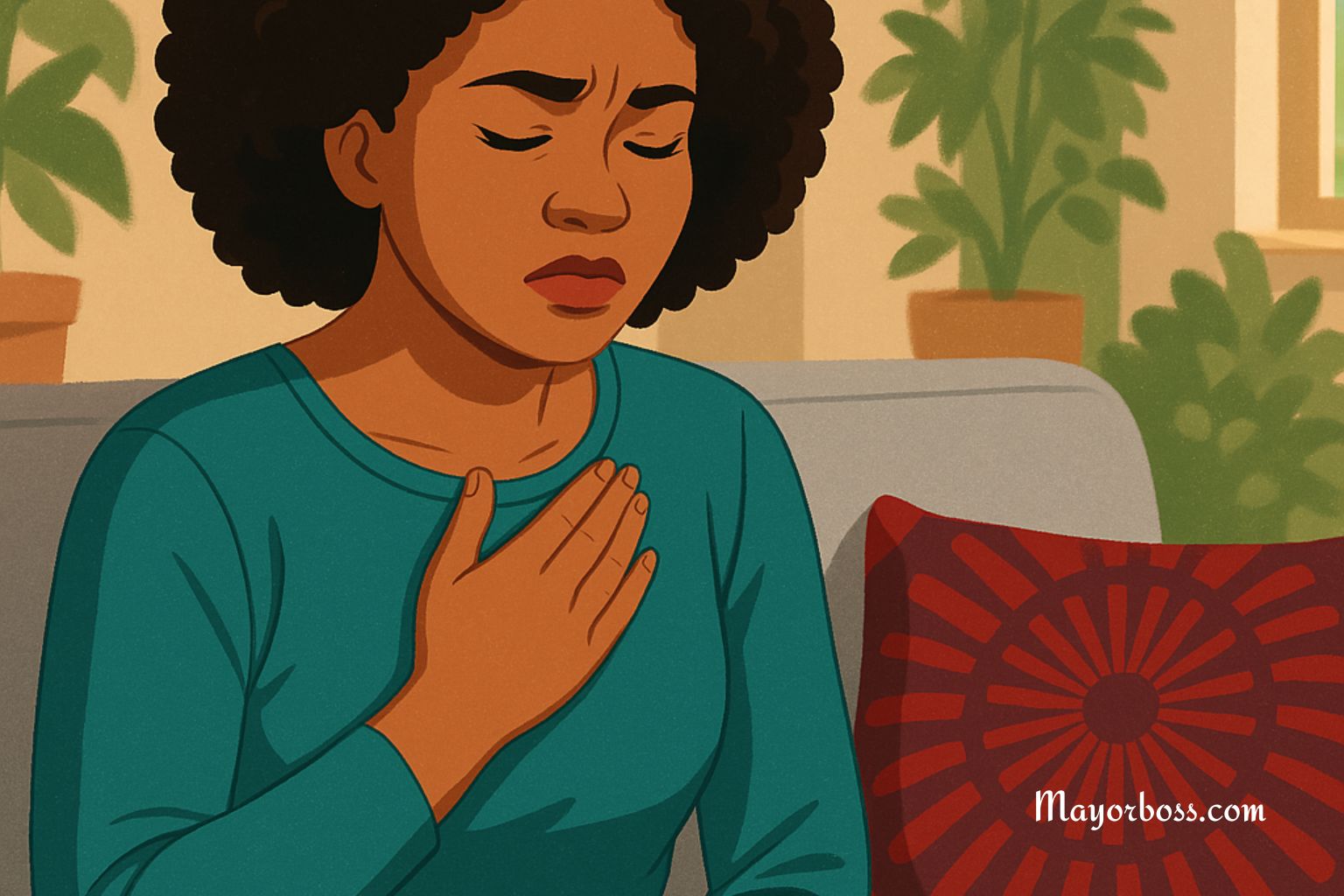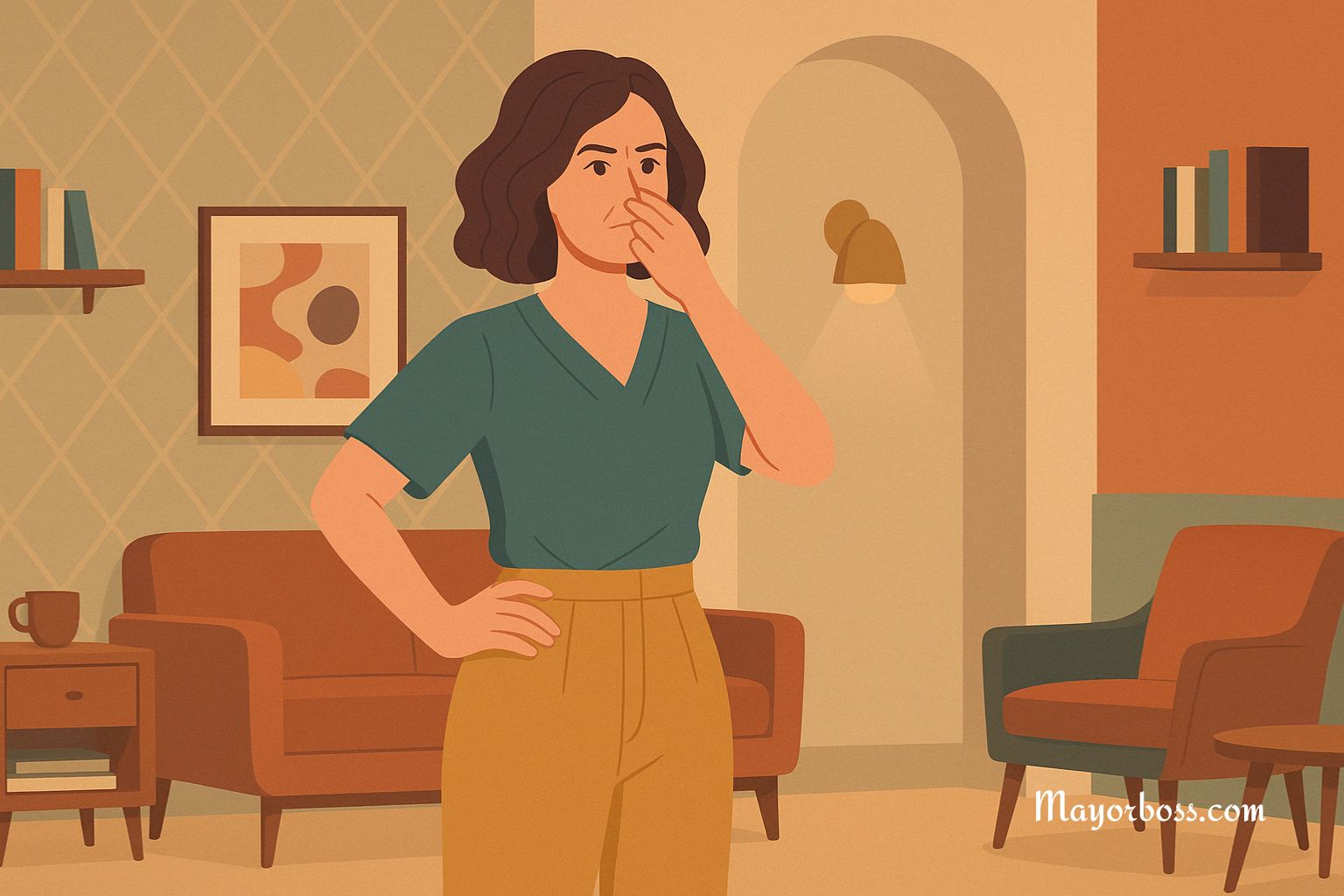Home Remedies for Vulvar Itching Worse at Night
Itching around the vulva is an uncomfortable and often irritating condition. For many women, the vulvar and vaginal itching can become more intense at night, disrupting sleep and daily function. Several underlying factors may contribute to nighttime symptoms, including heat, moisture, hormonal changes, yeast infections, bacterial vaginosis, or irritation from clothing and hygiene products.
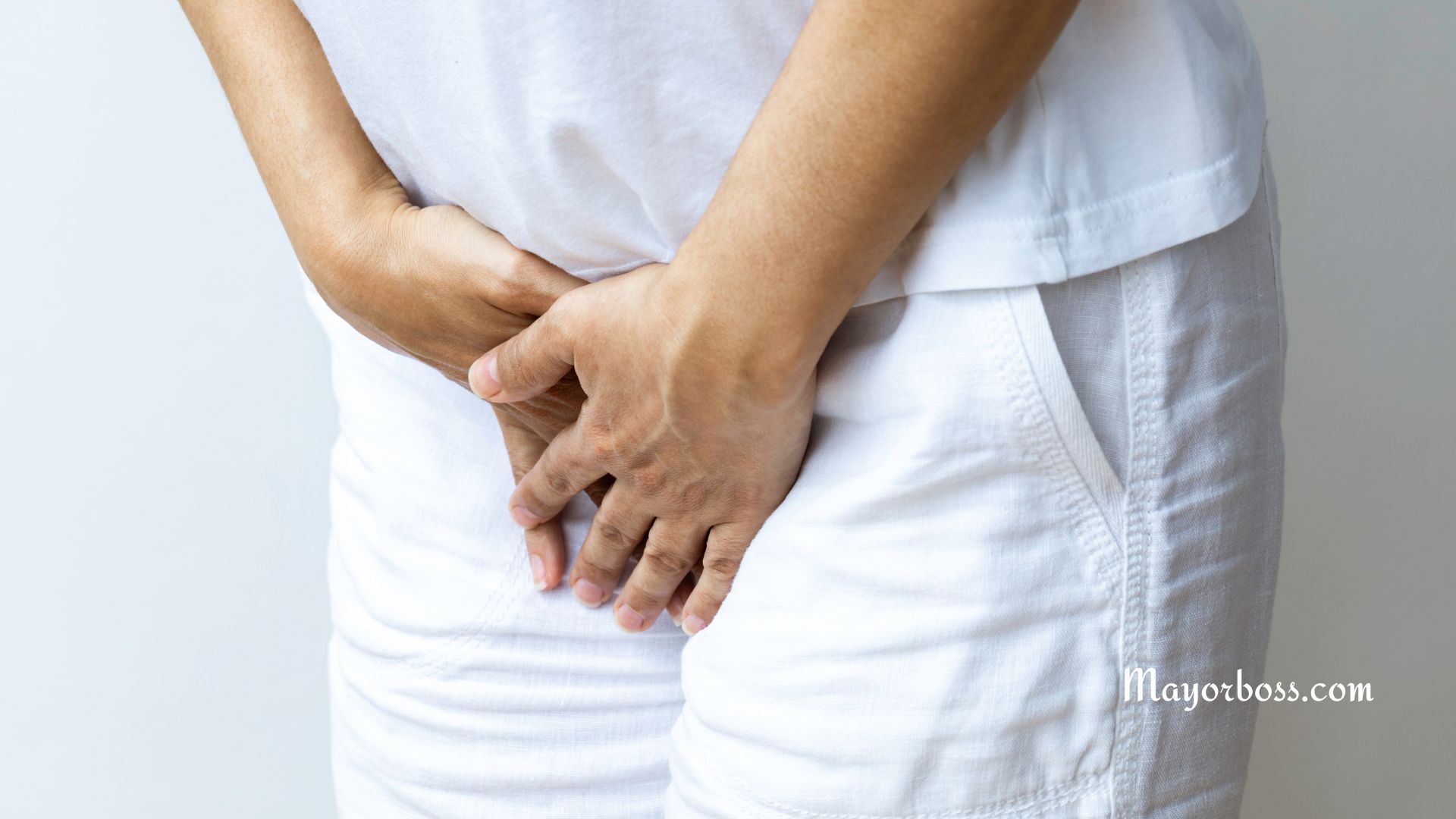
Thankfully, some effective home remedies may help relieve the discomfort. Before you try any remedy, it’s essential to consider what may be triggering the itch. Some common causes include:
- Yeast infections
- Bacterial vaginosis
- Allergic reactions to soaps, detergents, or sanitary products
- Menopause-related dryness
- Skin conditions like eczema or lichen sclerosus
- Excess moisture or sweat
If the itching continues for more than a few days or comes with unusual discharge, pain, or swelling, speak with your healthcare provider to rule out infections or chronic skin conditions.
That said, here are home remedies for vulvar itching.
1. Cold Compress
A cold compress can reduce itching and soothe inflammation.
How to use it:
Wrap a few ice cubes in a clean cotton cloth. Apply the compress to the vulvar area for 5 to 10 minutes. You can repeat this several times a day, especially before bedtime. Avoid applying ice directly to the skin, as it can cause damage.
2. Oatmeal Sitz Bath
Oatmeal contains compounds that calm irritated skin. A lukewarm oatmeal bath can help reduce itching and inflammation. A study with 29 female participants found that colloidal oatmeal significantly reduced itching intensity.
How to use it:
Add one cup of plain colloidal oatmeal to a tub of lukewarm water. Soak for 15 to 20 minutes. Pat the area dry with a clean towel—do not rub. This remedy works best when used once daily or before going to bed.
3. Coconut Oil
Coconut oil has natural antibacterial and antifungal properties. It also moisturizes dry skin and creates a protective barrier.
How to use it:
Wash your hands thoroughly. Apply a small amount of virgin coconut oil to the vulvar area. You can use it up to two times per day, including at night. Choose only organic, cold-pressed coconut oil to avoid additives.
4. Apple Cider Vinegar Rinse
Diluted apple cider vinegar may help restore the natural pH of the vulva and reduce mild yeast or bacterial overgrowth.
How to use it:
Mix one to two tablespoons of apple cider vinegar with one cup of warm water. Use it as a rinse for the outer vulvar area in the shower. Do not insert it vaginally. Use this rinse once a day. If irritation worsens, stop immediately.
5. Plain Yogurt
Plain, unsweetened yogurt contains beneficial bacteria (probiotics) that help rebalance the vaginal flora, especially if a yeast infection is the cause.
How to use it:
Apply a small amount of yogurt to the external vulvar area. Leave it on for 10 to 15 minutes, then rinse gently with lukewarm water. Pat dry. Avoid flavored or sweetened yogurt, which may worsen irritation.
6. Baking Soda Bath
Baking soda can soothe itching caused by irritation, genital herpes, or yeast infections. It also helps neutralize pH and reduce odor.
How to use it:
Add 1/4 cup of baking soda to a bathtub filled with warm water. Soak for 15 minutes. Rinse well and pat dry.
Use this bath once every other day. Do not overuse, as baking soda can dry out the skin.
7. Loose Cotton Underwear
Tight, synthetic underwear can trap moisture and heat, worsening itching at night. Choosing breathable clothing allows the skin to heal.
Tips:
- Wear loose-fitting cotton underwear.
- Avoid thongs and synthetic fabrics.
- Change underwear daily and after sweating.
At night, consider sleeping without underwear to allow the area to stay cool and dry.
8. Avoid Irritants
Personal care products often contain fragrances, dyes, and harsh chemicals that irritate the sensitive vulvar skin. What to avoid:
- Scented soaps, bubble baths, and body washes
- Vaginal sprays and douches
- Fabric softeners and scented laundry detergents
- Sanitary pads or panty liners with fragrance
Use only gentle, fragrance-free products made for sensitive skin.
9. Maintain Proper Hygiene
Keeping the vulvar area clean and dry can prevent further irritation. How to practice good hygiene:
- Wash the area with lukewarm water and mild, unscented soap.
- Pat the area dry after bathing or using the toilet.
- Wipe from front to back after using the restroom.
Do not scrub the vulvar skin or use loofahs, as this can make the itching worse.
When to See a Doctor
If vulvar itching does not improve within a few days or becomes severe, consult a healthcare provider. Seek medical attention if you notice:
- Unusual discharge
- Strong odor
- Pain or burning
- Blisters, ulcers, or thick white patches
- Itching that interferes with sleep or daily life
- pain during sex
Persistent itching may be a sign of an infection, skin condition, or other medical issue that requires treatment.
Frequently Asked Questions
1. Can vulvar itching be a sign of something serious?
Yes, in some cases. While many causes are minor and treatable at home, persistent or severe itching can indicate infections, skin disorders, or even precancerous changes. If symptoms continue for more than a few days or worsen, consult your healthcare provider for an accurate diagnosis.
2. Is it okay to use over-the-counter creams for itching?
Some over-the-counter antifungal or hydrocortisone creams may offer relief, but not all are safe for the vulvar area. Misuse can lead to further irritation or delay proper treatment. Always read labels carefully and check with your doctor before using any topical products.
3. Can diet affect vulvar itching?
Yes. High sugar intake can worsen yeast infections. Staying hydrated and eating a balanced diet that includes probiotics (like yogurt or kefir) may help maintain healthy vaginal flora. If itching is frequent, consider keeping a food diary to identify possible triggers.
4. Why does itching feel worse at night?
At night, there’s less distraction, so you’re more aware of physical discomfort. Heat, sweat, and tight clothing can also worsen symptoms while you’re in bed. Cooling the area and wearing loose sleepwear may help reduce nighttime itching.
Final Thoughts
Vulvar itching that worsens at night is not only irritating but also affects rest and quality of life. Fortunately, home remedies like cold compresses, oatmeal baths, and gentle hygiene practices can offer relief. However, ongoing or severe symptoms deserve medical evaluation. Don’t hesitate to seek professional guidance when needed.

